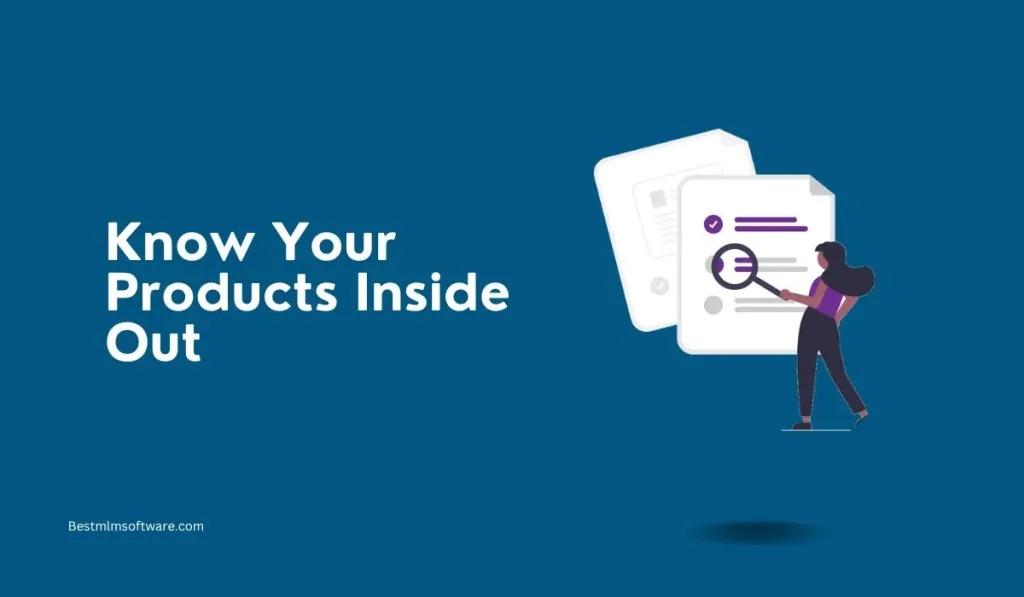MLM (Multi-Level Marketing) stacking is a controversial practice within the MLM industry. While some MLM companies and distributors employ stacking as a strategy to boost sales and recruitment, it can have significant implications for the business, both positive and negative. Here's a comprehensive guide to understanding MLM stacking and its impact:
What Is MLM Stacking?
MLM stacking, also known as team stacking or front-loading, is a recruitment strategy used by some MLM distributors to build a strong downline quickly. It involves recruiting a significant number of new distributors within a short period, typically by encouraging them to purchase a large quantity of products or starter kits upfront. These recruits are often motivated by the promise of rapid advancement in the MLM compensation plan.
Key Aspects of MLM Stacking:
- Bulk Purchases: Stacking often entails new recruits making bulk purchases of products or starter kits. This generates substantial sales volume for the upline distributors, resulting in higher commissions.
- Rank Advancement: Stacking is used to help recruits achieve higher ranks or titles in the MLM company's compensation plan. Higher ranks often come with increased earning potential and bonuses.
- Rapid Growth: Stacking can lead to rapid growth in a distributor's downline organization, which can be perceived as a sign of success within the MLM.
Impact of MLM Stacking on the Business:
Positive Implications:
- Immediate Income: Stacking can provide an initial income boost to distributors who successfully recruit a large number of individuals. This can be particularly appealing to those looking for quick financial gains.
- Rank Advancement: Distributors who engage in stacking may achieve higher ranks in the compensation plan, unlocking additional bonuses and benefits.
Negative Implications:
- Unsustainable: Stacking is often unsustainable in the long term. Many recruits who purchase large quantities of products upfront may struggle to sell them, resulting in financial losses and dissatisfaction.
- High Attrition: Stacking can lead to a high attrition rate, as recruits who join primarily for financial gain may not be committed to the business in the long run. This can harm team cohesion and stability.
- Regulatory Scrutiny: MLM stacking practices have come under regulatory scrutiny in some regions. Pyramid scheme allegations can arise if the emphasis is solely on recruitment and not on the sale of products or services.
- Reputation Damage: Companies that encourage stacking may face reputational damage, as the focus on recruitment over product quality or value can raise ethical concerns.
- Legal Risks: MLM stacking practices can raise legal issues if they are deemed to be operating as illegal pyramid schemes. Legal challenges can result in fines and shutdowns.
Conclusion:
MLM stacking is a controversial strategy with both potential advantages and significant drawbacks. While it can provide short-term benefits in terms of rapid growth and rank advancement, it often leads to unsustainable practices and regulatory scrutiny.
To build a successful and ethical MLM business, the emphasis should be on product quality, value, and long-term customer relationships, rather than on recruitment tactics like stacking. It's essential for MLM companies and distributors to operate with transparency and compliance with relevant regulations to maintain a positive reputation and avoid legal risks.
https://medium.com/@solusa/immediate-edge-erfahrungen-betrug-oder-legitime-krypto-handelsplattform-76ebd045b3a4


No comments yet